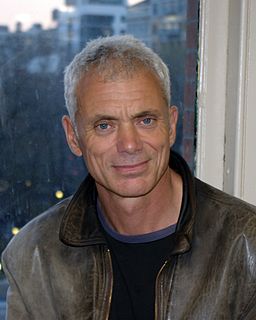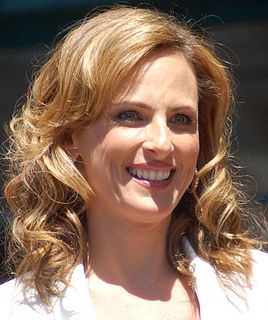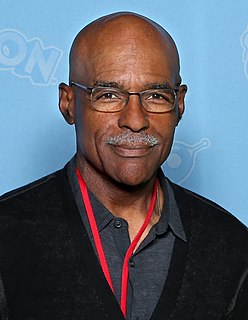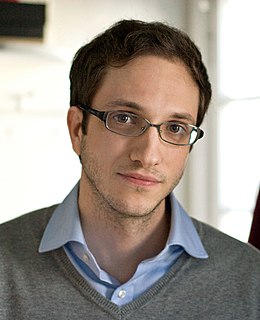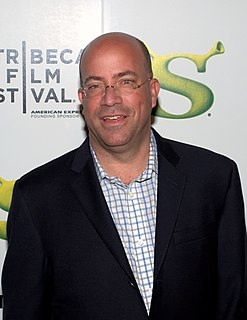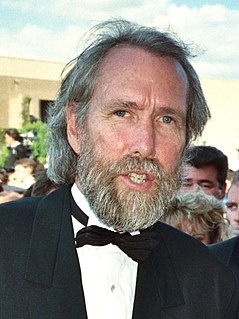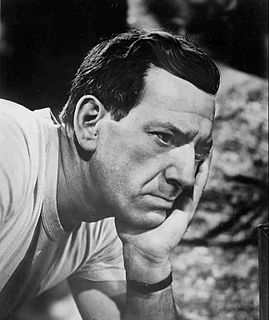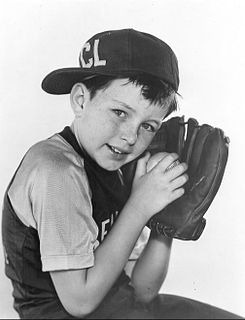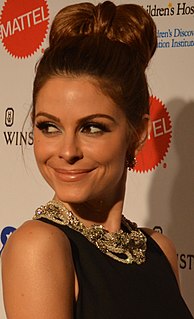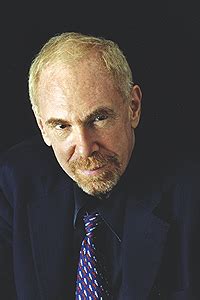A Quote by Jeremy Wade
I made a series set in India that was more of a conventional fishing show. The fish were very uncooperative, so we were casting around for other bits of local color. We heard local stories of something pulling people into the water. They called it the Kali man-eater. We did a bit of a feature on this, and if formed part of that series.
Related Quotes
I miss working with my friends and the fun we had. Working on the series was the best time I ever had on a set. I am disappointed that they cancelled the series when they did, because I felt that by the seventh season, we were really hitting our stride, and that episodes were getting better and better. Some people say that the show had run its course and that it was time to quit, but I disagree.
The term 'web-series' has a stigma attached to it because it was created at a time when the only web-series that were being created were being created by people who would have loved to have a television show, but they couldn't. So they created a web-series instead, on their own dime. And those series look cheap because of it.
All consumption should be local. No food products need to be transported over hundreds of miles to market. All commercial fishing should be abolished. If local communities need to fish the fish should be caught individually by hand. We need to stop flying, stop driving cars, and jetting around on marine recreational vehicles.
It's very different doing a food show in America and doing one in Britain. I did a 20-part series for the BBC series called 'Eating With the Enemy.' The budget for all 20 episodes was probably the budget for a single episode of 'Top Chef.' It's the difference between making a home movie in your backyard and going to Hollywood.
Fred Silverman, the head of ABC, he offered me a lot of comedy series but I told him I'd already been the best comedy series around, "The Odd Couple," and so when he saw that I did Quincy he called my agent and said, Jack turns me down? All my good series and he ends up playing an undertaker." And this was the HEAD of ABC series.
Back in the late '90s, a writer named Daniel Handler decided that kids books were too cheerful. I mean, all the "Harry Potter" series did was occasionally kill off major characters. Thus was born "A Series Of Unfortunate Events" and its mysterious author, Lemony Snicket. "A Series Of Unfortunate Events" is now a great new series on Netflix.
The Voice did not consider itself a conventional magazine. It took me awhile to realize that it was named The Voice for a reason. They wanted voices. At the time, good magazine stories were still believed to be written in the third person based on the false belief they were more objective. Of course some conventional stories require third person, but in the really interesting stories - the ones I got do to at The Voice and Esquire - were about subjectivity, subjectivities.
